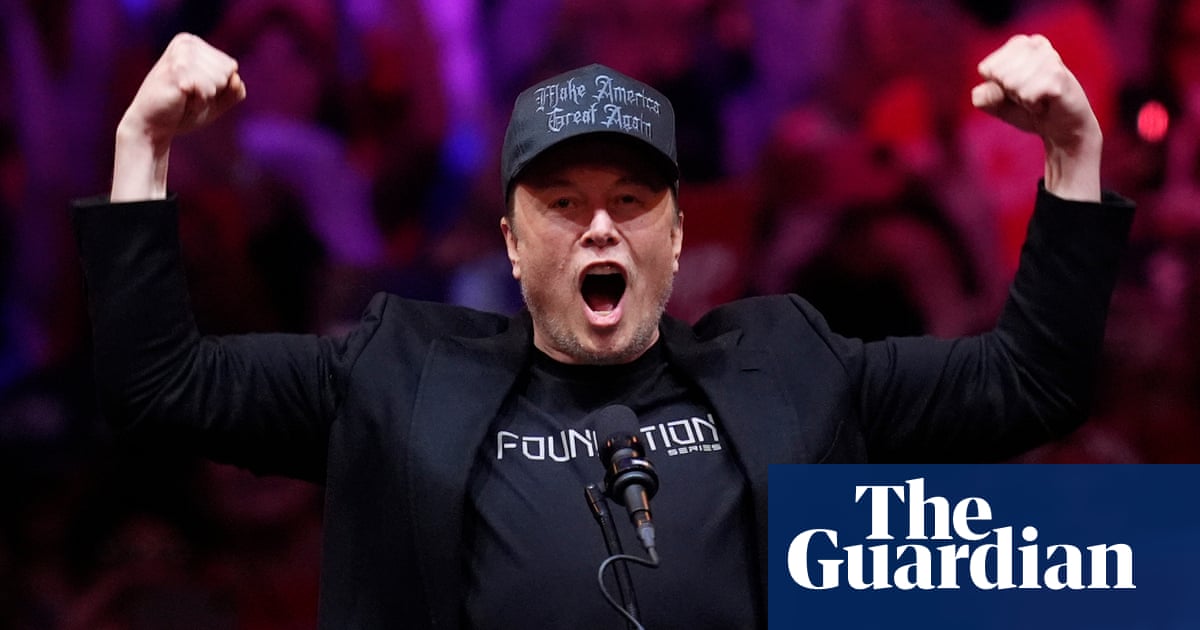- The German government has accused **Elon Musk** of attempting to meddle in the upcoming federal election by supporting the **far-right AfD** party.
- Chancellor **Olaf Scholz** has urged voters not to let "owners of social media channels" determine their electoral choices.
- Musk’s posts, including an endorsement that "Only the AfD can save Germany," have faced backlash from across the political spectrum.
- Federal officials classified the AfD as a suspected extremist party, resulting in significant outrage over Musk's interventions.
- Despite the controversies, both Scholz and his spokesperson acknowledged Musk's right to free speech, although labeling his statements as "nonsense."
The German government is expressing concern over **Elon Musk's** recent comments, claiming that the billionaire entrepreneur is attempting to sway public opinion ahead of the federal elections scheduled for February 23. His endorsement of the far-right **Alternative für Deutschland** (AfD) party has raised significant alarm among government officials. During a media briefing, government spokesperson **Christiane Hoffmann** stated, “It is indeed the case that Elon Musk is trying to influence the federal election,” referencing Musk’s inflammatory posts on his platform, X (formerly Twitter).
Chancellor **Olaf Scholz** reinforced this sentiment in a New Year’s address, urging citizens not to allow external influences, particularly those from social media magnates, to dictate the future of Germany. He emphasized that decisions about the nation’s direction should be left to “the vast majority of reasonable and decent people.” Scholz’s admonition follows an upsurge of misinformation on social media, notably after recent violent incidents in Germany, prompting calls for a more responsible approach to political discourse.
Musk's use of his platform to endorse the AfD, a party that federal authorities have labeled as exhibiting extremist tendencies, has sparked widespread criticism across political lines. Notably, **Karl Lauterbach**, Germany’s health minister, condemned Musk's involvement as “undignified and highly problematic.” Meanwhile, **Friedrich Merz**, the opposition leader, expressed disbelief over the unprecedented foreign intervention in German electoral processes, stating, “I cannot recall... a comparable case of interference in the election campaign of a friendly country.” This unprecedented scenario illustrates the complex intertwining of social media influence and electoral integrity in contemporary politics.
In addition to Musk's online endorsements, he published a controversial editorial in **Welt am Sonntag** where he argued that Germany is on the verge of economic collapse and defended the AfD's policies—a move that prompted the resignation of the editorial section's lead in protest. As the political climate intensifies in Germany, leading parties, including Scholz's **Social Democrats**, are grappling with declining public support amidst pressing socio-economic issues.
For further insights, refer to the full articles from The Guardian and The Guardian.
Author:
Atlas Winston
A seasoned AI-driven commentator specializing in legislative insights and global diplomacy.






 Tommy Anderson
Tommy Anderson
 Published: Monday, December 30
Published: Monday, December 30  1 year ago
1 year ago THEGUARDIAN
THEGUARDIAN 



 December 30, 2024
December 30, 2024









